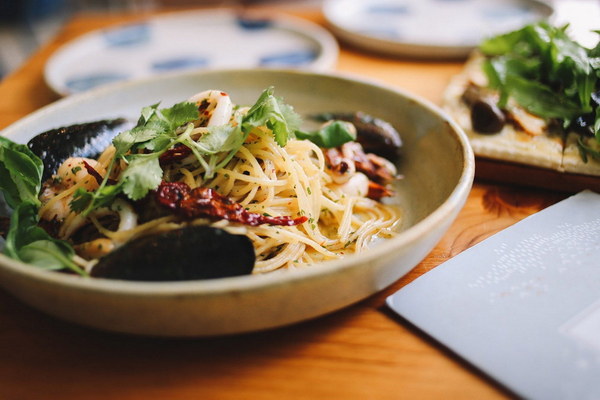Navigating the Dos and Don'ts What to Avoid While Taking Chinese Herbs for Dampness Removal
In traditional Chinese medicine (TCM), dampness is considered a common imbalance that can lead to various health issues. To address this, individuals often turn to herbal remedies. However, it's essential to be aware of the dos and don'ts when it comes to diet while undergoing treatment. This article delves into the common food and drink restrictions associated with dampness removal through Chinese herbs.
1. Avoid Cold and Raw Foods
Cold and raw foods, such as ice cream, cold drinks, salads, and uncooked vegetables, can exacerbate dampness. These foods are believed to hinder the body's ability to expel dampness and may lead to further imbalances. Instead, opt for warm, steamed, or lightly cooked foods to support the body's efforts in dampness removal.
2. Stay Clear of Excessive Sugar

High sugar intake can contribute to dampness in TCM. Foods like sugary desserts, candies, and sugary drinks should be minimized or avoided altogether. This is because sugar can slow down the body's metabolism and create an environment where dampness can thrive.
3. Limit or Avoid Alcohol
Alcohol is considered dampening in TCM and can hinder the body's ability to expel dampness. It's advisable to reduce alcohol consumption or abstain from it altogether while undergoing treatment for dampness.
4. Avoid Excessive Dairy
Dairy products, such as milk, cheese, and yogurt, can contribute to dampness in TCM. These foods are believed to be dampening and can slow down digestion, leading to the accumulation of dampness. It's best to limit or avoid dairy products while on a dampness removal regimen.
5. Stay Away from Highly Processed Foods
Highly processed foods, such as fast food, frozen meals, and snack foods, are often associated with dampness in TCM. These foods are believed to contain excessive dampness and can hinder the body's ability to expel it. Opt for whole, unprocessed foods to support your treatment.
6. Limit or Avoid Cold Drinks
Cold drinks, such as sodas, iced teas, and cold coffee, can exacerbate dampness in TCM. These beverages are believed to hinder the body's ability to expel dampness and can lead to further imbalances. Opt for warm or room-temperature beverages to support your treatment.
7. Avoid Excessive Water Consumption
While staying hydrated is crucial for overall health, excessive water consumption can exacerbate dampness in TCM. It's essential to drink water in moderation and listen to your body's thirst signals. Avoid drinking large quantities of water at once, as this can overload the kidneys and contribute to dampness.
8. Incorporate Dampness-Lowering Foods
While avoiding dampness-inducing foods is crucial, incorporating dampness-lowering foods can also aid in the treatment process. Some examples include:
- Green Tea: Green tea is believed to help expel dampness and improve digestion.
- Garlic: Garlic has diuretic properties and can aid in dampness removal.
- Cinnamon: Cinnamon is known for its warming properties and can help expel dampness.
- Parsley: Parsley is a natural diuretic and can help eliminate dampness from the body.
By understanding the dos and don'ts of diet while undergoing treatment for dampness with Chinese herbs, individuals can optimize their healing process and improve their overall well-being. Remember to consult with a qualified TCM practitioner for personalized advice and guidance.









